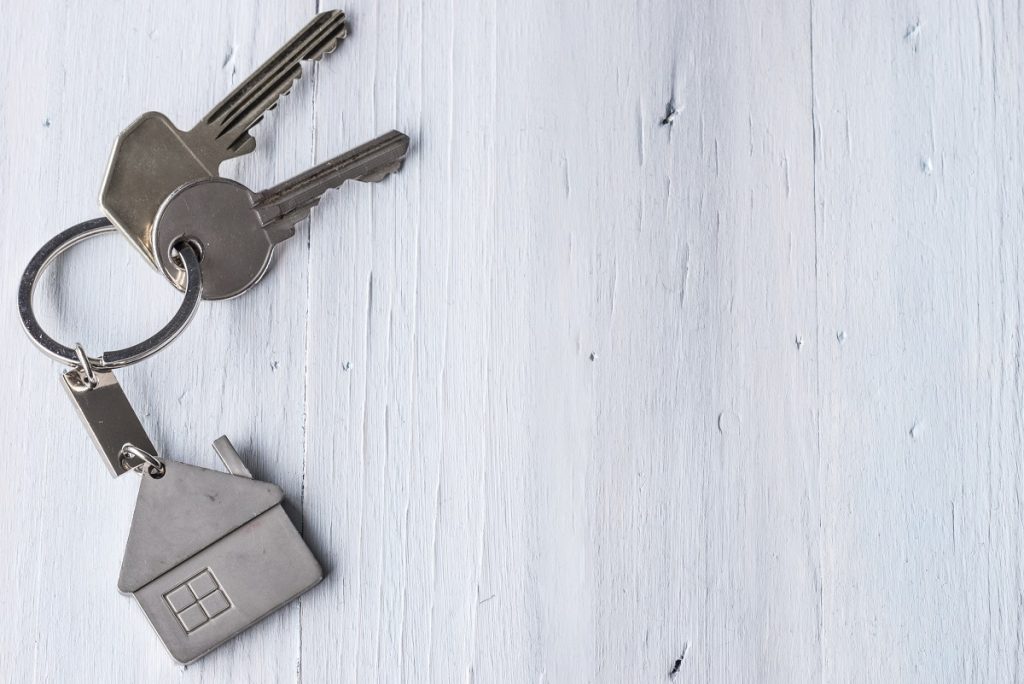Repossession is a process that enables creditors to reclaim properties from people who owe them money, also known as debtors, in the event that they fail to keep up with their predetermined payments. Repossession is typically used in conjunction with properties under a mortgage, vehicles, and other costly properties. Basically, if you default on a mortgage or car loan, the entity that owns your loan can repossess your property. Generally speaking, the term “default” means that you’re behind on your loan payments.
What will happen to my repossessed property?
The creditor can either sell your property to pay off your outstanding debt or keep it. However, even after repossession, it’s vital to keep in mind that you still retain rights, to some degree, to the repossessed property. Seek the help of reputable law firms that are expert in repossession and bankruptcy, such as Law Office of Davis & Jones, P.C., to be clear about this. While repossession rights differ from one state to another in general, you might have the right to:
- Know what will happen to your property;
- Demand the creditor to sell the property, even if the creditor doesn’t want to;
- Redeem or buy back the property before it’s sold through settling the unpaid balance, along with the repossession costs;
- Know when the property has been sold if it has been sold at a private sale; and
- Know if and when the property will be sold at an auction so that you can participate should you wish to.
Are there certain restrictions or rules when repossessing properties?
 In the majority of states, creditors can repossess properties anywhere, any day, and at any time, without informing the debtors. Creditors, however, aren’t allowed to “breach the peace” when seizing property from debtors’ homes. Essentially, creditors have breached the peace if they break into your house or confront you. In the event of a breach of peace during repossession, you can sue your creditor and seek compensation for damage to you or your property, as well as a penalty fee. In some cases, it’s possible to prevent a creditor from repossessing your property by filing a claim of exemption.
In the majority of states, creditors can repossess properties anywhere, any day, and at any time, without informing the debtors. Creditors, however, aren’t allowed to “breach the peace” when seizing property from debtors’ homes. Essentially, creditors have breached the peace if they break into your house or confront you. In the event of a breach of peace during repossession, you can sue your creditor and seek compensation for damage to you or your property, as well as a penalty fee. In some cases, it’s possible to prevent a creditor from repossessing your property by filing a claim of exemption.
What will happen if the repossessed property sells for less than the debt I owe?
In the event that your creditor has managed to sell the repossess property but the purchase price isn’t enough to cover your debt, your creditor can sue you for a deficiency, which is your unpaid loan balance. However, creditors can only sue for a deficiency if they haven’t breached the peace while repossessing a property and if they have sold the property fairly, selling it for a fair price and not for a significantly lower price. Note, though, that it’s illegal for creditors to sue for deficiencies in select states, so you need to check your state laws for this.
There are many different ways creditors can make mistakes when repossessing properties and can be held responsible for their erroneous actions. That being said, an experienced attorney can help safeguard your interests regardless of whether you’re a debtor or creditor. Your lawyer will inform you of laws relevant to your case and pinpoint any errors and legal remedies accordingly.
